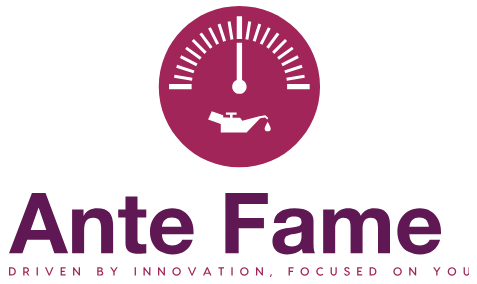Discovering Comfort: My Expert Review of the Siesta Full Face Mask for Uninterrupted Sleep
As someone who values a good night’s sleep, I’ve often found myself searching for solutions to combat the restless nights that seem to plague so many of us. That’s when I stumbled upon the Siesta Full Face Mask, a product that promised not just comfort but a transformative sleeping experience. In a world where sleep…
